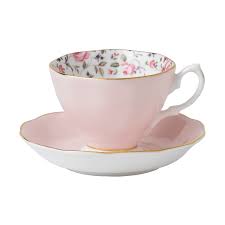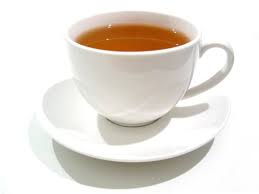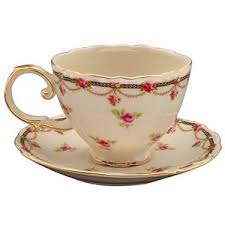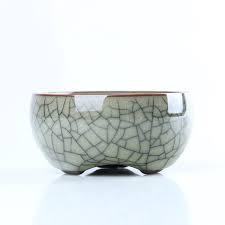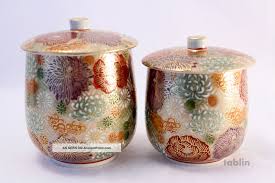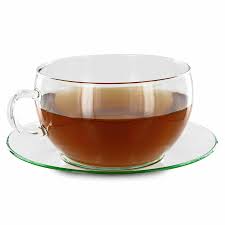Teacups, of course, are used for drinking tea. Chinese and Japanese teacups are usually quite small and do not have handles. Guests are expected to hold them carefully with the fingertips or cradle them in the palm of the hand. They are usually ceramic and thick enough so that the hands do not get burned from the hot tea. Milk and sugar are never added to Chinese or Japanese tea. Do not ever ask your host to bring you milk, sugar or lemon to add to your tea at a Japanese or Chinese tea gathering. This is not just a silly rule. A quick perusal of our Japanese New Year’s Tea and Chinese Dim Sum Tea menus will affirm that milk is almost never used in any aspect of Japanese or Chinese cooking, and dairy products in general are rare in either cuisine. In fact, lactose intolerance is common in both Japan and China. If you were to ask for milk to add to your tea, your host might not even have any in his refrigerator, and embarrassment would occur for both of you.
Guests should show a similar level of sensitivity if invited to our Kosher Afternoon Tea featuring meats but not dairy products. In Kosher cuisine, meat and dairy products are never consumed at the same meal. If your hostess does not offer soy milk or almond milk to add to the tea and meats are being served, do not ask for milk for your tea. Consuming milk during a meat focused Kosher meal would destroy the ritual purity of the entire event.
European and Indian style teacups almost always have handles and are used with saucers on which a tea spoon can rest after it has been used for stirring the tea when milk or sugar has been added. When drinking tea, the guest picks up the cup and saucer together and holds the cup by the handle just before bringing the cup to her lips. It is an unnecessary affectation to extend one’s little finger while drinking tea. Finally, mugs are not appropriate for serving Afternoon Tea, as a saucer is a necessary component when sugar and milk are offered with tea.
Guests should show a similar level of sensitivity if invited to our Kosher Afternoon Tea featuring meats but not dairy products. In Kosher cuisine, meat and dairy products are never consumed at the same meal. If your hostess does not offer soy milk or almond milk to add to the tea and meats are being served, do not ask for milk for your tea. Consuming milk during a meat focused Kosher meal would destroy the ritual purity of the entire event.
European and Indian style teacups almost always have handles and are used with saucers on which a tea spoon can rest after it has been used for stirring the tea when milk or sugar has been added. When drinking tea, the guest picks up the cup and saucer together and holds the cup by the handle just before bringing the cup to her lips. It is an unnecessary affectation to extend one’s little finger while drinking tea. Finally, mugs are not appropriate for serving Afternoon Tea, as a saucer is a necessary component when sugar and milk are offered with tea.

